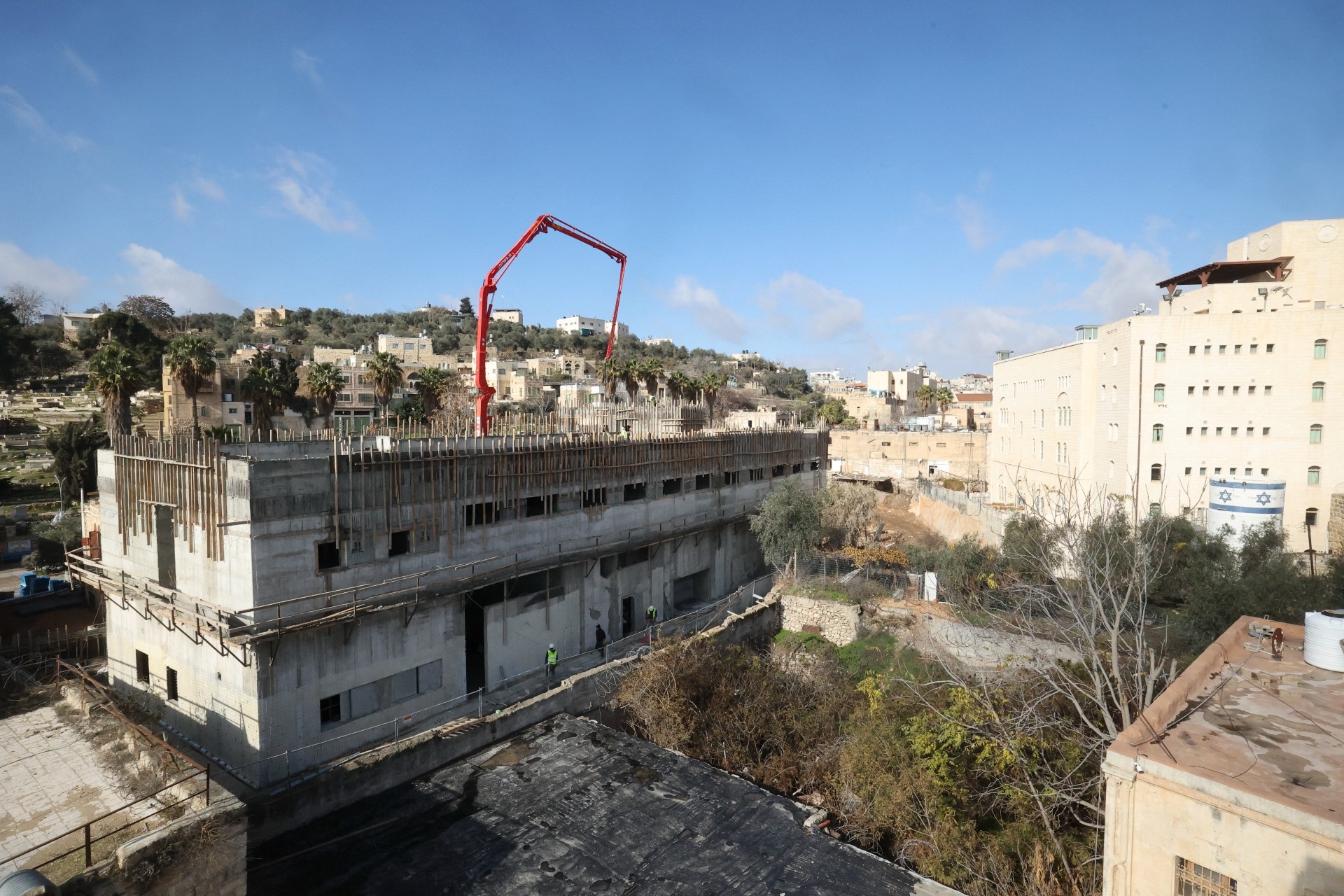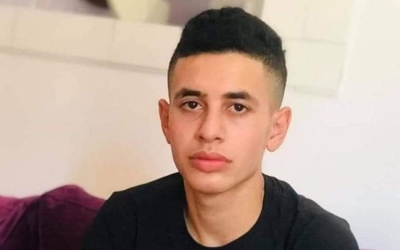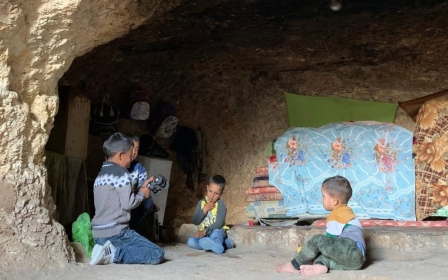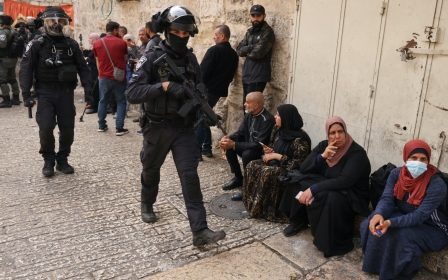Israel to approve 4,000 new housing units for Jewish settlers in the West Bank

Israel is set to approve 4,000 housing units for illegal Jewish settlements in the occupied West Bank, the Israeli defence ministry said on Friday.
The ministry said 1,452 units are expected to be built, while 2,536 are expected to be approved by Defence Minister Benny Gantz on Thursday.
Israeli settlements in occupied Palestinian territory is illegal under international law. Last time settlement units were approved in October, the Biden administration lashed out at Israel, condemning continued settlement building publicly and behind closed doors.
Right-wing parties hailed the decision. New Hope, a member of the coalition government, said strengthening Jewish settlement was more crucial than ever.
The decision follows the killing of three Israelis in an attack in the central town of Elad. Two Palestinian men are suspected to have been the perpetrators.
"Conventing the Higher Planning Council at the present time is twice as important. The enemies of Israel must know that the people of Israel are determined to strengthen the Jewish settlement, particularly in Judea and Samaria [West Bank]," New Hope said in a tweet.
Nir Orback, an MP with Prime Minister Naftali Bennett's Yamina party tweeted: "I congratulate the Minister of Defence and the Prime Minister on responding to my request and on issuing the summons to the General Assembly. In Gaza, we will continue to work for settlement. Israel-wide settlement is stronger and safer."
However, Mossi Raz, from the left-wing Meretz party, responded to Orback, saying: "Approving over 3,000 units to be built in settlements in the occupied territories is immoral and harmful for the future citizens of Israel."
On Thursday, Israel's high court ruled for the eviction of 1,000 Palestinians from an area in the West Bank so that the land could be repurposed for the Israeli military and used as a "firing zone".
Masafer Yatta, a 3,000-hectare rural area of the south Hebron hills, is under Israeli control and home to multiple small Palestinian villages. However, Israel argued that the villagers living in the area were not permanent residents when the zone was declared in the 80s.
Middle East Eye propose une couverture et une analyse indépendantes et incomparables du Moyen-Orient, de l’Afrique du Nord et d’autres régions du monde. Pour en savoir plus sur la reprise de ce contenu et les frais qui s’appliquent, veuillez remplir ce formulaire [en anglais]. Pour en savoir plus sur MEE, cliquez ici [en anglais].





